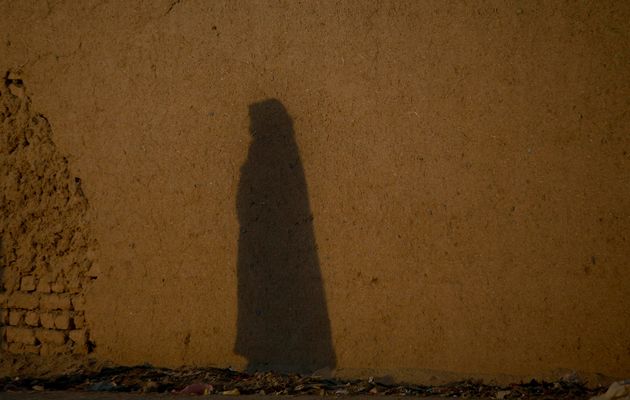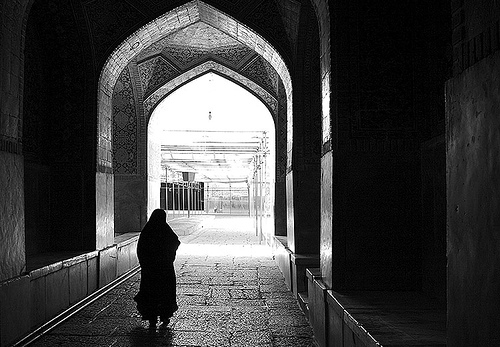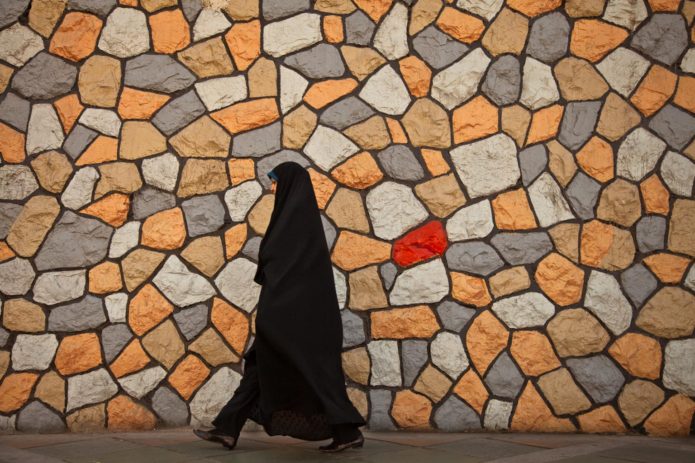Question:
What is Islam’s view of the beating of wives? Lots of non-believers bring up Surat An-Nisā’ 4:34 and state that Islam allows beating of women and therefore is an unjust religion.
Answer:
This ayah (Surah An-Nisa 4:34) is in the top 5 points raised by the opponents of Islam, who say this religion is against basic human rights for women. Furthermore, some ignorant Muslim men use this ayah to justify hitting their wives, claiming they are following the Qur’an, without even trying to understand the context or application of the ayah. Allah (swt) says such people (who do something wrong and justify it somehow through the ayat of Qur’an) are the biggest losers on the day of Judgement. Because they do something that they think is according to the Qur’an, while it’s not, and they never get a chance to repent before they leave this world.
‘Wadhribu hunna’ means ‘hit them’ but under specific conditions: how, why, when? etc. There is a difference between ‘hitting’ and ‘beating’, between ‘hitting’ and ‘punching’. These details must be specified first and foremost, with specific conditions being met before carrying out this ayah. In the same way where Allah (swt) says to pray and pay zakat in the Qur’an on numerous occasions, the details of how to pray, when to pray, and the conditions of praying are not mentioned in their full details in the same ayah, hence all these variables must be explored before one is able to properly carry out the ayah where Allah (swt) says to ‘pray and pay zakat’. In the same way, the same conditions must be met in respect to this ayah in Surat Nisa.
Also, to interpret and understand any ayah in the Qur’an, one must always resort to the sunnah (traditions and lifestyle) of the Prophet (pbuh), and not just any opinion or interpretation. Let us analyse the traditions of the Prophet (pbuh) to understand when this ayah becomes applicable.
1. It is not a command (that must be carried out), rather it is permissible (once the conditions are met). So even if the conditions are met, it does not become obligatory to hit one’s wife, it is simply permissible to do so.
2. No jurist has ever accepted the general meaning of the ayah (without any conditions). There is no jurist, scholar or interpreter of the Qur’an that says there are no conditions to carry out this ayah. i.e. no one says you can hit her however you want, whenever you want etc. No one has this opinion in the past or present.
3. Wadhribu hunna is correctly translated as ‘light hitting’.
4. Light hitting is definitely permissible only if she has committed adultery and if all the previous methods were useless.
5. The methods of dealing with a wife who has committed adultery before hitting her are:
a) Advise her and talk to her
b) Try to emotionally influence or discipline her
c) If the above two were not effective, then ‘light hitting’ is permissible (not obligatory)
6. The beginning of the ayah says that “Men are the protectors and maintainers of women”, so if a woman commits adultery then the husband must discipline her at home (conditions in point 5), before taking the case to the court or police and disrespecting your wife.
7. It is narrated from the holy Prophet (pbuh): “ If she commits an adultery that is confirmed (not suspicion or allegation), if she does this, turn away from her (emotionally), hit them a hitting that is not hard, if she regrets it (and acknowledges her mistake), don’t take it any further (keep it a secret and forgive her).” (Ibn Majah, vol.1 p.594)
a) Another narration says a light hitting that does not make her bleed:
8. Imam Baqir (as) tells us about a friendly or light hitting; to hit her with a traditional sewak (Ref.: Majma’ul-Bayan under the Ayah), which is a soft type of branch. It is not a real hit or meant to really harm her.
9. Hitting the face and major limbs (or organs) is forbidden.
a) Prophet Muhammad (pbuh) has said: any man who slaps the face of his wife, the Almighty Allah orders the angel in charge of fire, to hit his face 70 times inside the hellfire. (Da’emul-Islam, vol.2, p.217)
b) Even hitting the face of an animal is forbidden in Islam, let alone a human being and specially your darling and partner! (Ref: Wasa’eul-Shi’a, vol.11 p.481)
10. It is forbidden for a man to hit his wife due to verbal abuse. All scholars and jurist (both past and present) are unanimous that if a wife is verbally abusing her husband, or she is not obedient, it is forbidden for him to hit her nor does it justify (or allow) him to hit her. (Jawaherul-Kalal, vol. 31, p.205)
11. If the conditions are met, and the hitting causes her bruising, bleeding or fractures, he is liable. (Ibid, p.207)
12. It is better for a man not to hit his wife, in fact it is better to divorce her than to hit her.
a) A man came to the Prophet (pbuh) and told him that his wife has a bad tongue and she verbally abuses him for many hours, he cannot stand it. The Prophet said; divorce her. The man said he has children and she is not always bad, so the Prophet said to keep her and be patient, but do not hit her. (Mosnad Ahmad, vol.4, p.33)
In considering these 12 points, it gives no one the justification to hit their wife claiming to follow the Qur’an without any conditions or understanding the context of how and when the ayah in Surah Nisa becomes applicable.
Also, the notion that Islam does not consider the human rights of women is on the contrary because of the specific rules and conditions pertaining to hitting one’s wife, in other words, Islam has considered the real life scenario of a woman who has committed adultery, she is not sorry or regretful, she refuses to heed to the advice of her husband, she does not heed to any emotional influence or methods. If the man in that case does not want to divorce her, and despite all this she does not regret it, nor does she repent (and maybe even continues committing this despicable act), in this case, if the man thinks that light hitting will influence her then he has the option to do so, however, he can only do so without leaving any bruises or broken bones, without hitting her face or limbs and organs, then and only then, can he practice this act of light hitting. Anything outside of such a scenario and it’s conditions is strictly forbidden in Islam.
Answered by: Sheikh Mansour Leghaei






